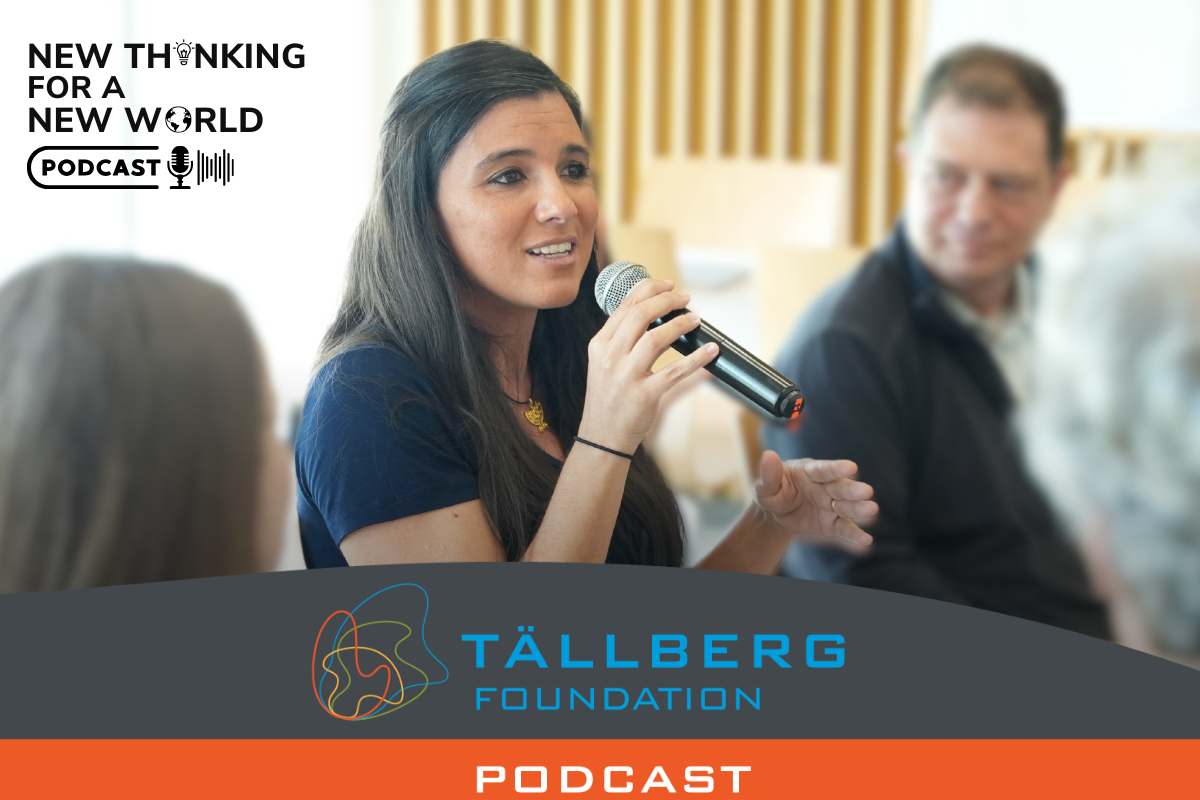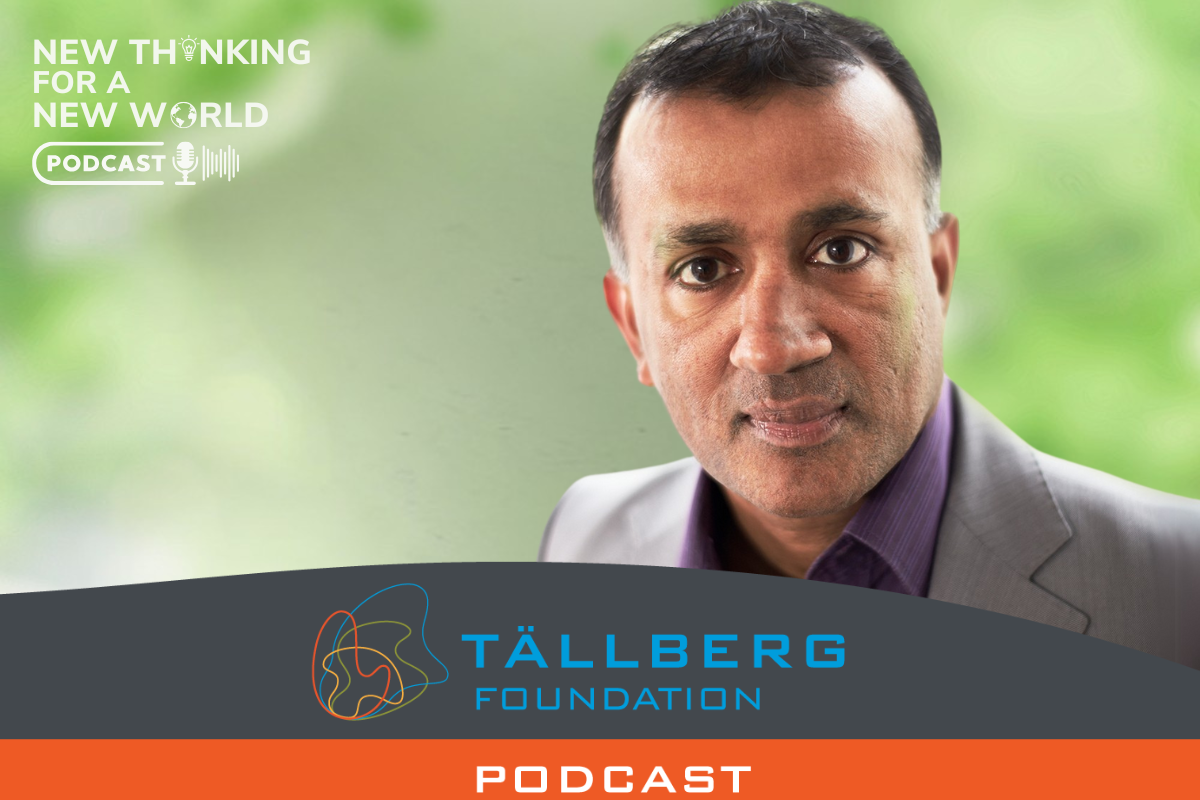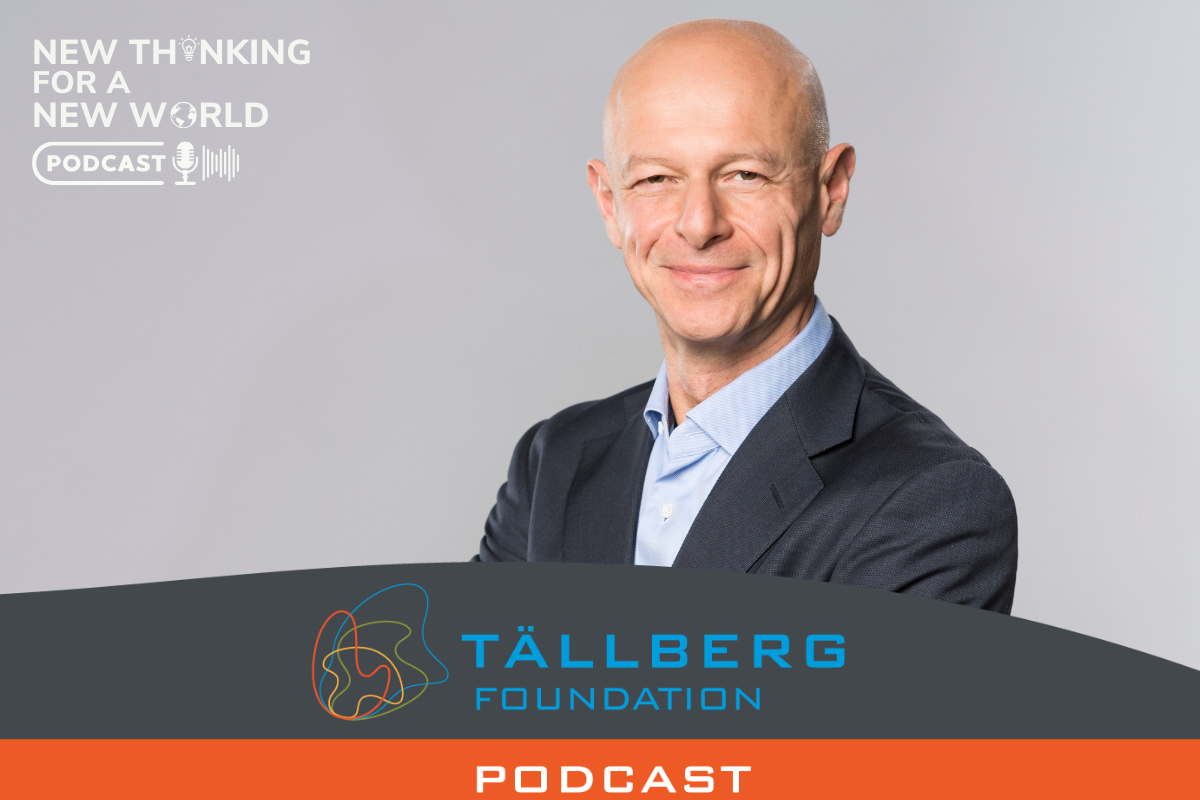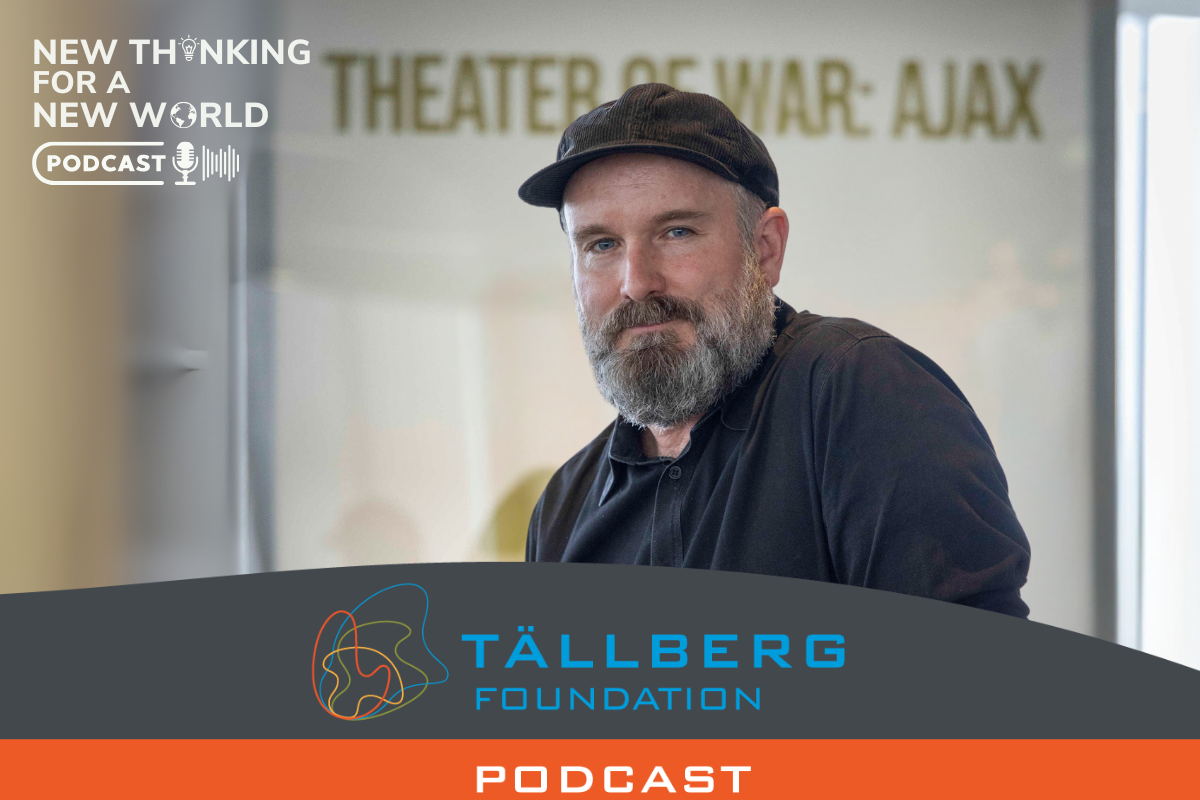The Russian attack shattered the European security structure. Listen to Emma Ashford’s thoughts and speculation about a new security structure for Europe.
 Emma Ashford is a resident senior fellow with the New American Engagement Initiative in the Scowcroft Center for Strategy and Security at the Atlantic Council, a nonresident fellow at the Modern War Institute at West Point, and an adjunct associate professor at Georgetown University. She’s the author of the forthcoming book, Oil, the State, and War.
Emma Ashford is a resident senior fellow with the New American Engagement Initiative in the Scowcroft Center for Strategy and Security at the Atlantic Council, a nonresident fellow at the Modern War Institute at West Point, and an adjunct associate professor at Georgetown University. She’s the author of the forthcoming book, Oil, the State, and War.
Wars have cycles: sooner or later, the fighting ends and the negotiations begin. As hard as it is to imagine amidst the unfolding tragedy of Russia’s aggression against Ukraine, the diplomats and politicians will eventually gather to define new borders, behaviors, and rules. The Russian attack shattered the European security structure that had evolved after the Cold War ended; something must replace it.
Of course how the fighting ends will shape whatever negotiations ensue. But it is never too early to think about the future contours of the map of Europe.
This podcast with Emma Ashford, Washington-based Atlantic Council geopolitical expert, was recorded before Russia attacked Ukraine. Nonetheless, Emma’s thoughts and speculation about a new security structure for Europe are even more important now than when we discussed them before President Putin chose to go to war.
Please let us know what you think about this episode of ‘New Thinking for a New World.”
Listen to the episodes here or find us on a podcast platform of your choice (Apple podcast, Spotify, Acast, Stitcher, Google podcast, Youtube, etc).




It is refreshing to hear intelligent voices with a broader perspective to better understand what is happening, and what can happen. Emma Ashford give us a good road map of a darker future. Unfortunately diplomacy has fail and Ukraine is been debastated by the irresponsible and criminal actions of Putin redrawing Europe making Germany not only the most important economic player in the EU and now potentially militarily.
Congratulations for choosing great thinkers
Good and interesting interview. But it did not address the enormous economic difference between Russia, a major power because it has atomic weapons, plus large oil deposits, etc., and Western Europe, a major economic power in terms of industry and commerce with far less weapons than Russia. These two wide dimensions, atomic power vs economic power (admittedly a naive generalization), seem difficult to reconcile enough to reach workable agreements.
I find working with traumatized Roma that Behaviorist Psychology works. To ignore negative behavior, to reward good behavior.
In the case of Russia and the present conflict it is extremely important instead of continuing to punish but instead to say very clearly, ‘If you immediately withdraw from Ukraine sanctions will be immediately dropped’. I do not see sanctions as effective, instead it fuels enmity on both sides, hurts both sides. But it is important to stop trade of military armaments, instead to foster free trade of civilian items, useful for healthy nutrition, for housing, for health, for education.
Sanctions, war reparations, led to Germany’s racism against Jews, following Versailles. In the Middle Ages, Florence preventing food to Pisa caused the Pisan populace to imprison Ugolino and his cannibalism of his children, which Florence then saw as its own war crime, so it built Orsanmichele as a granary to feed even the enemy in time of famine. Brexit is a terrible mistake, the UK placing sanctions against even itself, weakening the EU.
I was on the Quaker Delegation of Heads of State against nuclear conflict during Carter’s American Presidency. The Soviets assured us they would not use nuclear weapons first, while the Americans were saying they had to say they would as a deterrent. We were able to restart the SALT talks. The Russians told us that the arms race was causing their massive poverty. Which I saw later when in St Petersburg at a UNESCO conference later, the too great disparity between wealth and poverty. The Marshall Plan helped Europe heal from the traumas of the two world wars.